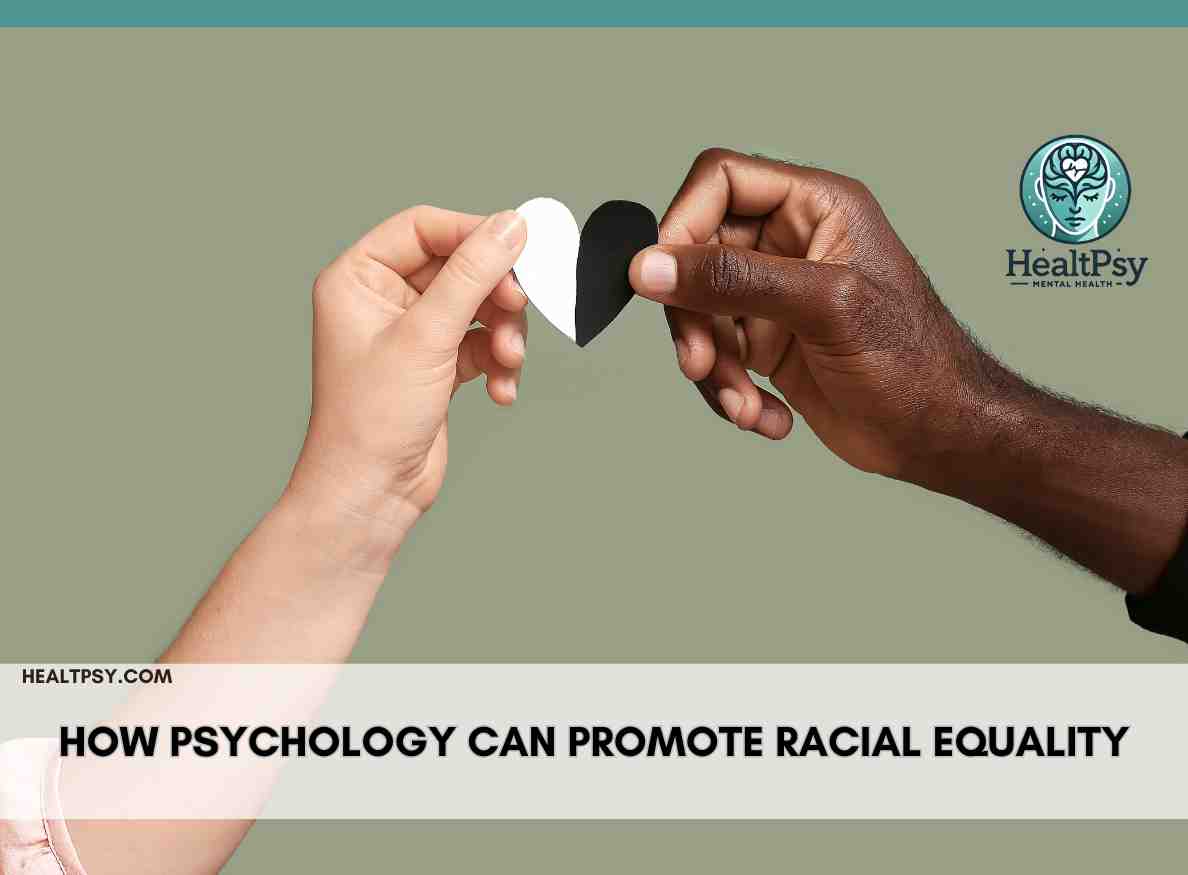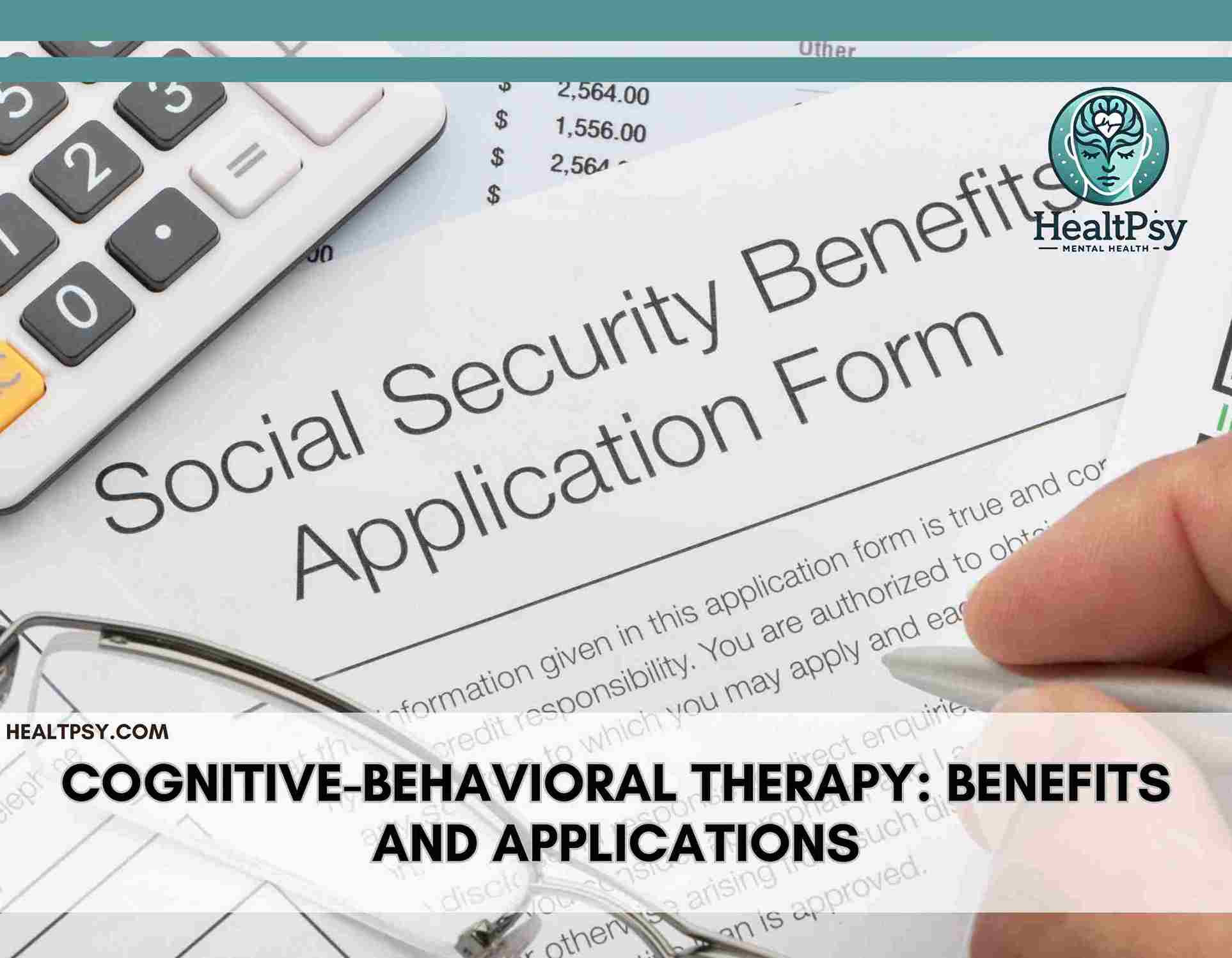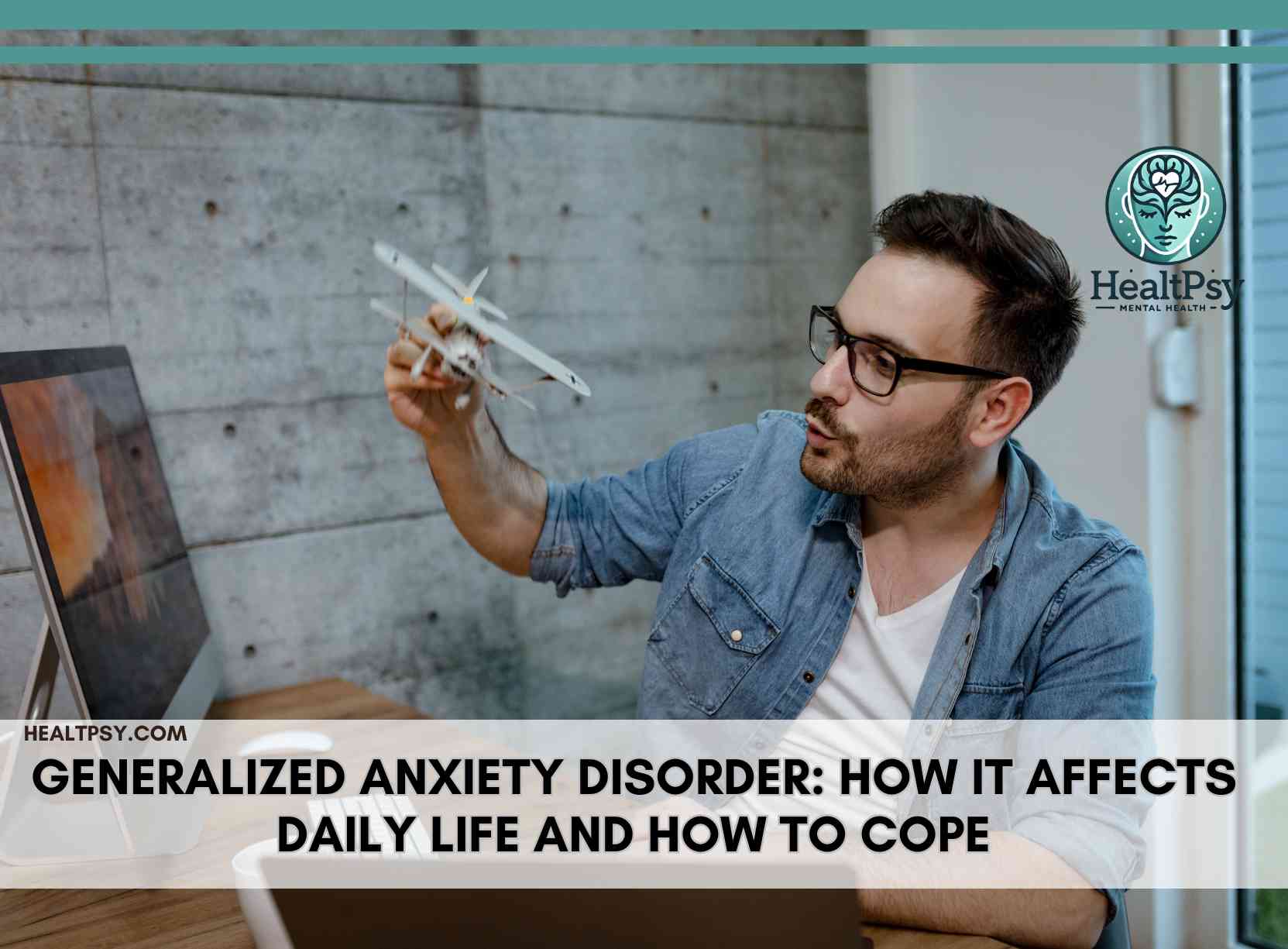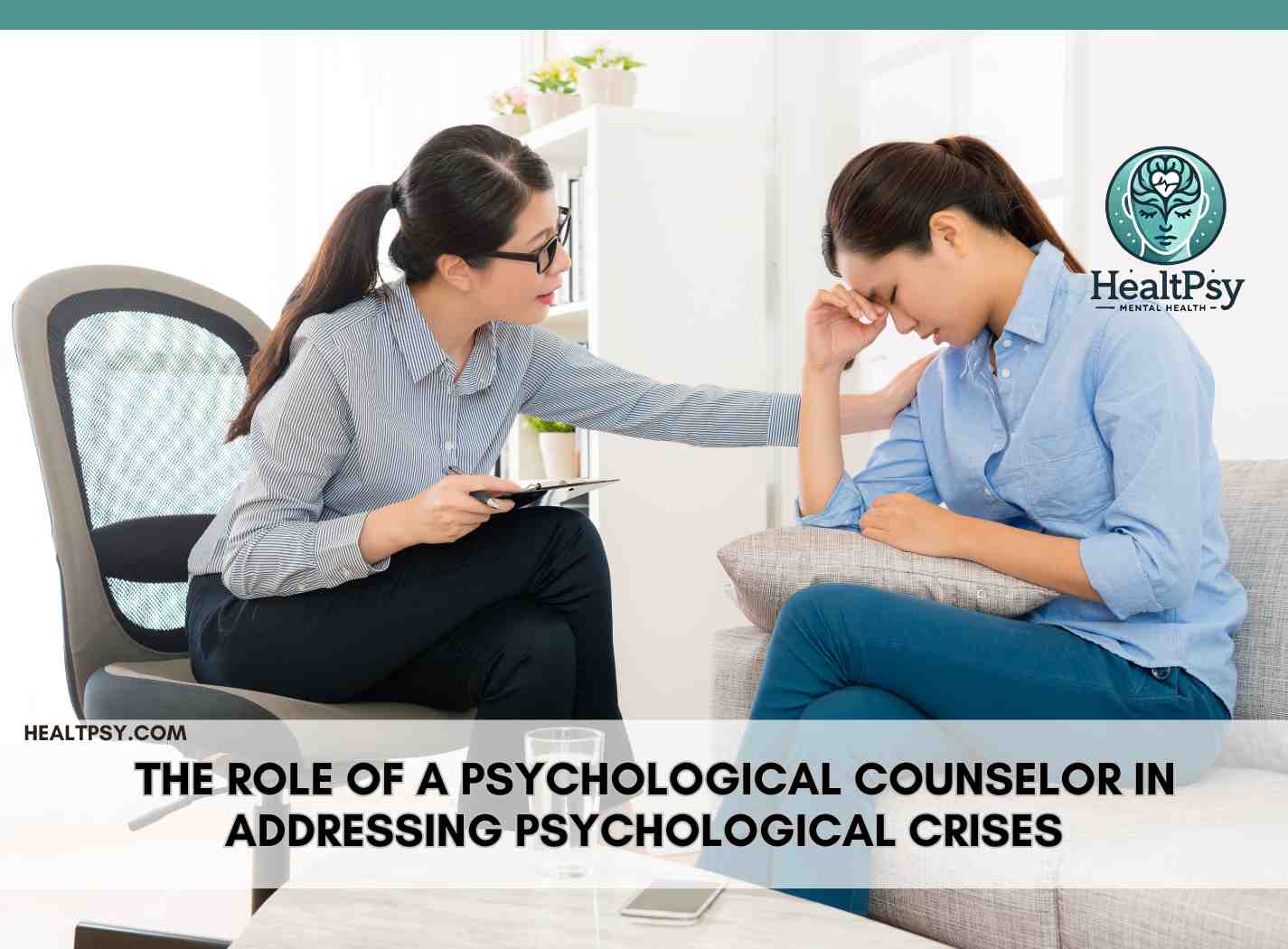7 Powerful Ways Psychology and Racial Equality Intersect to Foster Justice
Introduction
Psychology and racial equality are deeply interconnected fields that work together to dismantle systemic biases and promote inclusivity. Psychologists, with their deep understanding of human behavior and diversity science, are uniquely positioned to analyze the root causes of discrimination and provide strategies to foster justice. This article explores the intersection of psychology and racial equality, shedding light on evidence-based interventions and their real-world applications.
For more information on diversity and inclusion research, visit the American Psychological Association (DoFollow).
The Role of Psychology in Promoting Racial Equality
Through both research and applied methods, psychology and racial equality research help identify the psychological and social mechanisms that contribute to racial inequality. By understanding these processes, psychologists can develop effective solutions to reduce bias and foster social justice.
1. Understanding the Psychological Roots of Racial Bias
Racial bias is often the result of implicit biases that influence attitudes and behaviors. Psychology and racial equality research helps uncover these biases by studying:
- Social cognition and how stereotypes are formed.
- The neurological and cognitive influences that reinforce unconscious bias.
- The role of media and socialization in shaping racial beliefs.
- The impact of systemic racism on mental health and behavioral outcomes.
Studies suggest that implicit racial bias can be traced back to early childhood socialization, media exposure, and cultural norms that shape subconscious beliefs about different racial groups. By understanding how these biases develop, psychologists can create interventions that challenge harmful stereotypes and promote equity.
2. Strategies to Reduce Implicit Bias
Psychology and racial equality provide evidence-based strategies to minimize bias, including:
- Cognitive Reframing: Teaching individuals to recognize and challenge their biases.
- Intergroup Interaction: Encouraging positive engagement between different racial groups to break down barriers and enhance mutual understanding.
- Implicit Bias Training: Implementing workshops and programs that help individuals become aware of their unconscious biases and develop strategies to counteract them.
- Perspective-Taking Exercises: Encouraging individuals to engage in perspective-taking tasks that promote empathy and understanding.
- Institutional Policy Changes: Implementing systemic changes in hiring practices, educational curricula, and workplace policies to reduce bias and ensure inclusivity.
3. The Role of Mental Health in Advancing Racial Justice
Racial inequality significantly impacts mental health. Psychology and racial equality contribute by:
- Supporting individuals who experience stress and trauma due to racial discrimination.
- Providing coping mechanisms to improve psychological well-being among marginalized communities.
- Developing community support programs that create safe spaces for individuals from diverse racial backgrounds.
- Addressing racial trauma through culturally responsive therapy practices.
For more insights into mental health support, visit our article on Psychological Support and Therapy.
4. The Impact of Education and Awareness on Racial Equality
One of the most effective ways to address racial bias is through education. Psychological research has shown that:
- Early childhood education programs that promote diversity reduce racial prejudice later in life.
- Incorporating multicultural education into school curricula fosters an inclusive mindset.
- Public awareness campaigns designed by psychologists can challenge societal norms that perpetuate racism.
- Training educators and professionals on culturally responsive teaching and counseling methods.
5. Promoting Diversity in Educational and Professional Institutions
Education is a powerful tool for changing beliefs and behaviors. Psychology and racial equality intersect in various ways to enhance diversity by:
- Creating curricula that reflect cultural and racial diversity.
- Training educators and leaders on addressing racial bias in schools and workplaces.
- Encouraging workplace environments that embrace diversity and ensure equal opportunities for all.
- Promoting leadership development programs that support individuals from underrepresented racial groups.
6. Public Policy and Racial Equality
Psychologists can influence public policies by:
- Conducting research on the impact of racial bias in society.
- Advising policymakers to ensure inclusive and fair policies.
- Developing social programs that promote inclusion and reduce racial disparities.
- Advocating for laws that protect against racial discrimination and promote equal rights.
- Partnering with governmental and non-governmental organizations to implement large-scale interventions.
For related insights, check out The Importance of Social Support in Treating Psychological Disorders.
7. Challenges in Advancing Racial Equality
Despite progress, several challenges remain in the pursuit of racial justice, including:
- Social resistance to change.
- Lack of public awareness regarding implicit biases.
- The need for long-term strategies to ensure sustainable impact.
- The prevalence of structural racism in institutions and policies.
- Psychological barriers to change, such as in-group favoritism and resistance to acknowledging privilege.
Real-World Applications of Psychology in Addressing Racial Disparities
1. Corporate Sector
Many organizations now implement diversity and inclusion programs informed by psychology and racial equality research. Companies that invest in bias training, equitable hiring practices, and inclusive leadership development see improvements in workplace culture and employee satisfaction.
2. Healthcare and Mental Health Services
Racial disparities in healthcare access and mental health treatment remain significant issues. Psychologists play a role in advocating for culturally competent healthcare policies, improving access to mental health services for marginalized groups, and reducing stigma around seeking mental health care.
3. Criminal Justice Reform
Psychologists contribute to criminal justice reform by analyzing racial disparities in sentencing, policing, and rehabilitation programs. Evidence-based approaches, such as restorative justice practices, aim to reduce bias in law enforcement and promote equitable treatment.
Conclusion
Psychology and racial equality are deeply interconnected, as psychological research and practices help dismantle discriminatory systems and promote inclusivity. By leveraging psychological strategies, individuals and institutions can address racial biases, implement effective diversity initiatives, and create policies that ensure fairness for all. Through collaboration between psychologists, policymakers, and educators, a more just and equitable society can be achieved for all individuals.
For more mental health and social justice resources, check out our article on How to Maintain Mental Health.
you might also like





